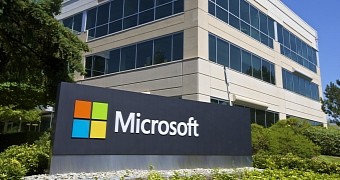Microsoft is really serious about the hardware industry, and the recently announced Surface Pro 4 and the Surface Book are living proof that Redmond has no intention to give up on this side of the business.
But with investments advancing so fast in the hardware industry, many partners are afraid that Microsoft might actually become their own rival and steal buyers who would rather choose their devices.
And these concerns aren't too difficult to understand. Microsoft has the financial power to launch state-of-the-art devices such as the Surface Book and compete with any company out there, including Apple, and this could easily have an impact on products manufactured by Dell, HP, Toshiba, and others.
Given their specs, Microsoft devices might attract a bigger number of customers and thus reduce the demand that OEMs, which are still working together with the Redmond-based software giant on a number of projects, are hoping to register with Windows 10.
OEMs should blame themselves
Jan Dawson, chief analyst at Jackdaw Research, explains that OEMs shouldn't blame Microsoft for building so advanced devices, but themselves, because they were supposed to manufacture such premium products on their own in the first place.
“Those OEMs have only themselves to blame if Microsoft, which has zero experience in making laptops, is able to produce a more compelling computer than the OEMs that have had decades of experience,” he explained.
“What does it say about Microsoft’s OEM partners that Microsoft has been able to do this to them, and that it’s willing to do so? The one saving grace is that the vast majority of Windows PCs are sold at well under $1500, and so this really isn’t targeted at the core of the Windows PC market. But it’s still a finger in the eye of the Windows OEMs.”
The big question, however, remains: can Microsoft's premium devices really affect the PC ecosystem? OEMs are afraid they could, while Redmond claims otherwise, stating that while it focuses on high-end products, partners can bring to the market a wider array of laptops and tablets.
Time will tell if Microsoft can steal buyers from its partners, but with continued investments in hardware, the Redmond-based tech giant is no longer just an inexperienced player, but one that's aiming for the leading spot.

 14 DAY TRIAL //
14 DAY TRIAL //